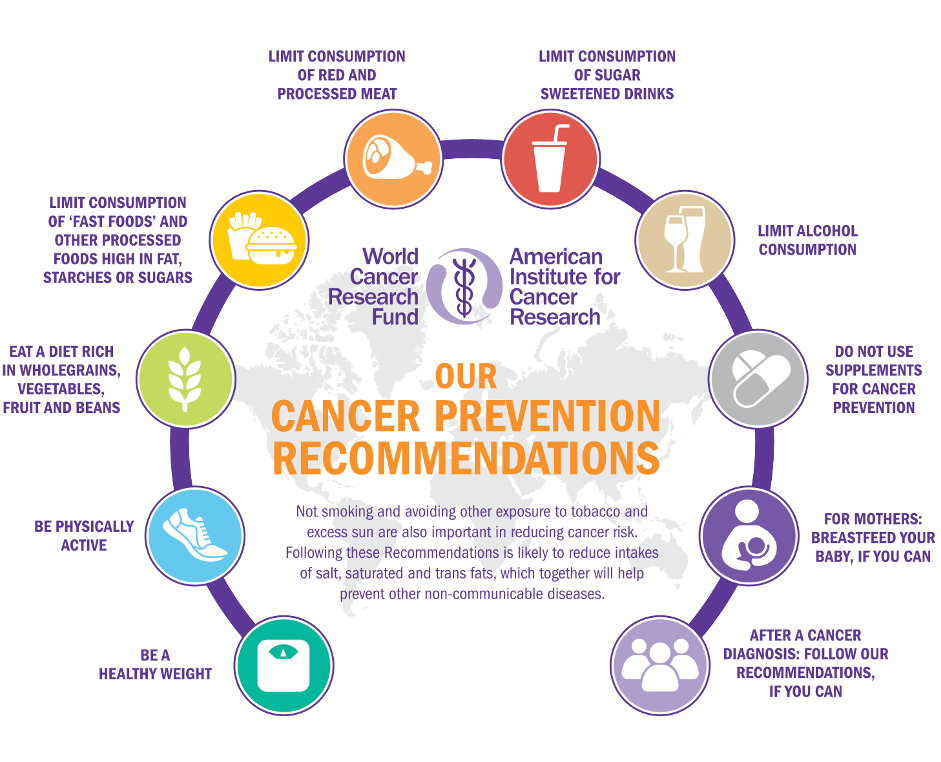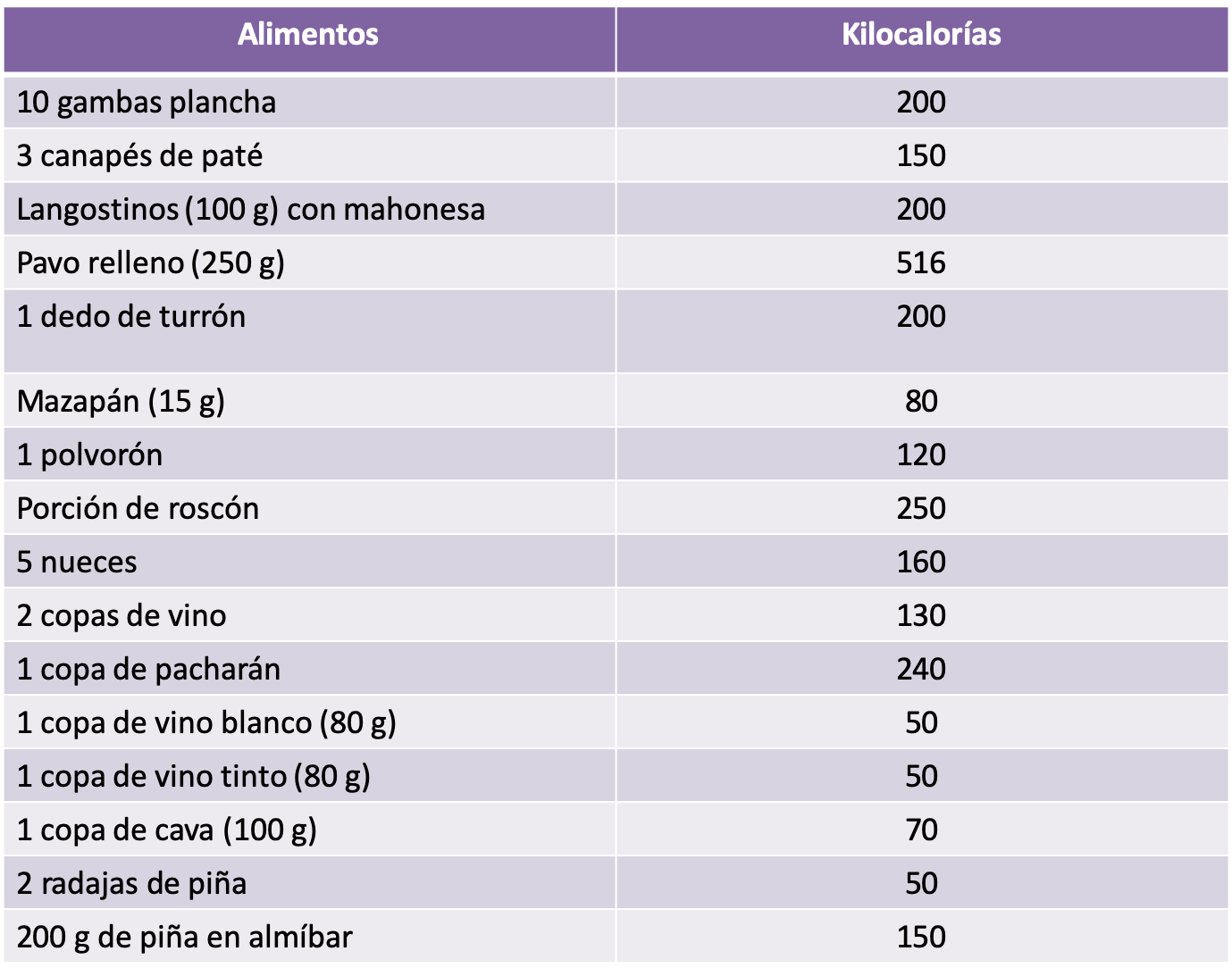Emergencies and hospital admissions increase by 25% over the holiday season, mainly due to peaks of high blood pressure, diabetic emergencies, attacks of gout, and various digestive disorders related to overeating.
The holiday season is the time of year when people overeat the most and alcohol consumption soars, which leads us to reflect on the impact these habits have on our health. The World Health Organization (WHO) reminds us that what we eat and drink can lead to our body developing future health problems, such as obesity, cardiovascular disease, diabetes, and cancer. The following article teaches us that it is possible to have a healthy holiday season if you know how.
Tania Mesa – Director of Neolife Nutrition and Nursing Unit
Alejandro Monzó – Neolife Nutrition and Nursing Unit
What if we start the year with a new concept of holiday cheer?
Eating habits, in all their cultural variants and in a broad sense, define people’s overall health, growth, and development. The promotion of a healthy diet is often based on reducing saturated fat and calorie intake, and increasing the consumption of fruit, vegetables, and fiber. Unfortunately, flavorful foods that are high in calories, fat, sugar, and salt are available anywhere and anytime, and are especially popular at the Christmas table (1).
Chronic noncommunicable diseases are one of the biggest dangers to our health in the 21st century. Changes in eating habits and lifestyle have the greatest potential to reduce the risk of disease and improve life expectancy and quality of life for the population. The Spanish Society of Endocrinology and Nutrition (SEEN), after conducting several reviews and studies, has concluded that eating habits (1):
- Play an important role in the prevention of cardiovascular disease.
- Are a crucial factor in the causes of excess weight, type II diabetes mellitus, and metabolic syndrome.
- May play an important role, although it hasn’t been scientifically proven, in causing cancer.
In the 2018 World Cancer Research Fund (WCRF) report (Figure 1.), ten recommendations were presented for the acquisition of healthy lifestyle habits and the prevention of chronic diseases (2). There is a whole range of factors, which undoubtedly affect our health and with sufficient knowledge, we have the ability to make healthy choices, including during the holidays.

In general, the holiday season, and although a lot of people are on vacation, may pose risks to our health, because of the frequency with which, over the course of several days, healthy habits are replaced by others that are not so healthy (drinking more alcohol, smoking, sedentary activities, overeating sweets and fats, etc.). A simple meal or dinner, such as Christmas Eve and Christmas, both separated by only a few hours, may involve the consumption of up to 3000 kcal per day, which is almost double the daily recommended calorie intake for one person (on average).
To get an idea of the extraordinary calorie intake we have during a holiday meal, in addition to the snacks in between meals, let’s see a few examples:

Recently, new reviews show that people underestimate their calorie intake by up to 500 kilocalories a day. This type of food, all at once and in high quantities, add up to a very high caloric intake (3). And not only that, but the quality of those calories is also of paramount importance. According to a study published in Nutrition Reviews, most people underestimate the number of calories they ingest (3). Eating habits have undergone major changes from industrialization to the present day. And, therefore, the intake of foods that predominantly contain flours, sugars, and fats has increased, with no thought to the consequences that this entails.
The study found that fats, sugars, alcohol, and sugary drinks are the food groups we underestimate the most. When attempting to lose weight (especially fatty tissue), people tend to underestimate their calorie intake, when their intake is actually much higher. The cocktail you drink when you’re cooking, the dressing you add to the salad, dishes with a lot of oil, snacks, pre-cooked and ultra-processed foods, etc. All this has an impact on our health goals and eating habits, and these excesses are plainly evident during the holiday season.
On the other hand, the Federación Española de Sociedades de Nutrición, Alimentación y Dietética,Spanish Federation of Nutrition, Food and Dietetics Societies, (FESNAD) reminds us of the importance of following the right diet during this time of year (5). The holidays don’t last 30 days, so you should avoid excesses during this time and limit snacking on key days, like Christmas.
According to the Spanish Society of Geriatrics and Gerontology Nutrition Work Group (SEGG), a majority of the population over 65 is diagnosed with a disease that could benefit from a healthy diet (6): over 60% have high blood pressure, 38% have diabetes, 50% have high cholesterol, 20-30% suffer from constipation, and 38% have osteoporosis. That’s where the importance of good eating habits lies for the elderly, and even more so during the holiday season. Emergencies and hospital admissions increase by 25% during the holiday season (7). The health of our loved ones is very important, and what better reason to raise awareness of the importance of healthy eating habits, than the aim of preventing disease and improving quality of life.
Once again, FESNAD emphasizes how important this is for those who suffer chronic diseases. On these special dates, patients should take special care with their salt intake, exercise a greater control of their consumption of sweets, and avoid excess fats and alcohol. As they conclude, even if there is nothing that is strictly prohibited, these patients and the general population should remember the need to maintain a healthy and balanced diet, exercising great measure.
In addition to the health problems we’ve already mentioned, people also suffer the following frequent ailments during the holidays (8):
- Acute gastroenteritis: it causes a transient alteration of the bowel’s ability to regulate the absorption and secretion of salts and water, as well as a rejection of food, which causes symptoms such as diarrhea, vomiting, fever, and abdominal pain. Although it usually improves on its own within one to three days, people may suffer this over the holidays.
- Stomach problems: the amount of food and the speed at which it is consumed may cause poor digestion, reflux, acidity, and stomach pain, among other problems.
- Fatigue and stress: copious amounts of food produce a lot of tiredness, sleepiness, and a lack of energy. Preparations, gift buying, or a hectic schedule during the holidays produce holiday stress that ends up affecting people on a muscular level.
- Constipation: during this time, there is a tendency to eat less fiber-rich food, as well as to consume less water and do less exercise, all of these key factors in good intestinal transit.
- Hemorrhoids: the excessive intake of spices, fats, spicy food, or alcohol that takes place over the holidays leads to an increase in the incidence of this ailment or a worsening if you already suffer from it.
At Neolife, we’d like to remind you that a first step towards eating healthier over the holidays is to ensure that any excess occurs only on the 4 or 5 truly festive days. If you are getting together with family and friends on additional days, you may want to propose other non food-related activities. We have mentioned the consequences that excesses on these dates may cause, in addition to the weight that is usually put on.
Therefore, this Newsletter, with the aim of improving your health for the coming years and raising awareness of its importance, presents simple guidelines for better eating habits, proposed by the Sociedad Española para el Estudio de la Obesidad, Spanish Society for the Study of Obesity, (SEEDO) and FESNAD, with which we will be able to enjoy the festivities without neglecting our nutrition nor suffering the negative consequences on our health (9):
- Don’t change your usual eating and exercise habits. Don’t forget to take your medication and keep your regular schedule. Save your “excesses” for special holiday meals.
- With just thirty more minutes of daily physical exercise we can compensate for the extra calories we take in during holiday meals.
- Control the alcohol you drink as it provides empty calories.
- Plan the menu. If the main course is very fatty (e.g. lamb, you should plan for light starters (e.g. vegetables).
- Plan your shopping to avoid leftovers.
- Don’t stop eating fruit. You can prepare as a dessert trays of tropical fruits or starters like salads or fruit skewers.
- While cooking, avoid snacking or grazing.
- Substitute manufactured sauces and dressings (which are very fatty) with homemade sauces made from vegetables, herbs, lemon juice, skimmed yogurt, and vinaigrettes.
- Prepare homemade desserts while reducing the sugar content (it can be substituted with Stevia) and fats.
- Eat just a little bit of everything. If you want to sample everything you see on the table, serve yourself small portions and don’t have seconds.
From everyone here at Neolife, we wish you a Happy and Prosperous New Year.
BIBLIOGRAPHY
(1)By Luis Román, D.A. et. al.. (2017). “Dietoterapia, nutrición clínica y metabolismo”. Tercera edición. Vegenat, Healthcare. Sociedad Española de Endocrinología y Nutrición (SEEN) y Grupo Aula Médica, S.L.
(2) World Cancer Research Fund/American Institute for Cancer Research. Diet, Nutrition, Physical Activity and Cancer: A Global Perspective. Continuous Update Project Expert Report 2018.
URL: https://www.wcrf.org/sites/default/files/Summary-third-expert-report.pdf
(3) Hall D., K. et. al. (2019). “Ultra-processed diets cause excess calorie and weight gain: an inpatient randomized controlled trial of ad libitum food intake”. Cell Metabolism, 30, 67-77.
URL: https://www.cell.com/cell-metabolism/pdf/S1550-4131(19)30248-7.pdf
(4) Mozaffarian, D. (2017). “Foods, obesity, and diabetes – are all calories created equal?”. Nutr. Rev, 75(1): 19-31.
URL: https://www.ncbi.nlm.nih.gov/pubmed/28049747
(5) (2015). “Evita los excesos en las comidas durante la navidad”. Gabinete de comunicación. Federación de Nutrición.
URL: https://www.fesnad.org/index.php?seccion=dinamico&subSeccion=noticia&idN=90
(6) (2015). “Ante los excesos navideños, la SEGG recuerda que la dieta es una herramienta efectiva para modular el envejecimiento”.
URL: https://www.segg.es/ciudadania/2015/12/21/ante-los-excesos-navide%C3%B1os-la-segg-recuerda-que-la-dieta-es-una-herramienta-efectiva-para-modular-el-envejecimiento (7) (2014). “Recomendaciones sobre alimentación en Navidad” [Recommendations for eating habits over the Christmas holidays]. Punto Farmacológico Nº61. URL:https://www.cofpo.org/tl_files/Docus/Puntos%20Farmacologicos%20CGCOG/20111230%20 INFORME%20RECOMENDACIONES%20SOBRE%20ALIMENTACION%20EN%20NAVIDAD.pdf (8) Maset, J. (2015). “Navidad saludable”. Cinfasalud. URL: https://www.cinfasalud.com/areas-de-salud/cuidado-diario/en-vacaciones/navidad-saludable/
(9) FESNAD-SEEDO. (2011). “Recomendaciones nutricionales basadas en la evidencia para la prevención y el tratamiento del sobrepeso y la obesidad en adultos”. Revista Española de Obesidad. Vol.10(1).
URL: https://www.seedo.es/images/site/documentacionConsenso/Documento-Consenso-FESNAD-SEEDO-Oct2011.pdf
